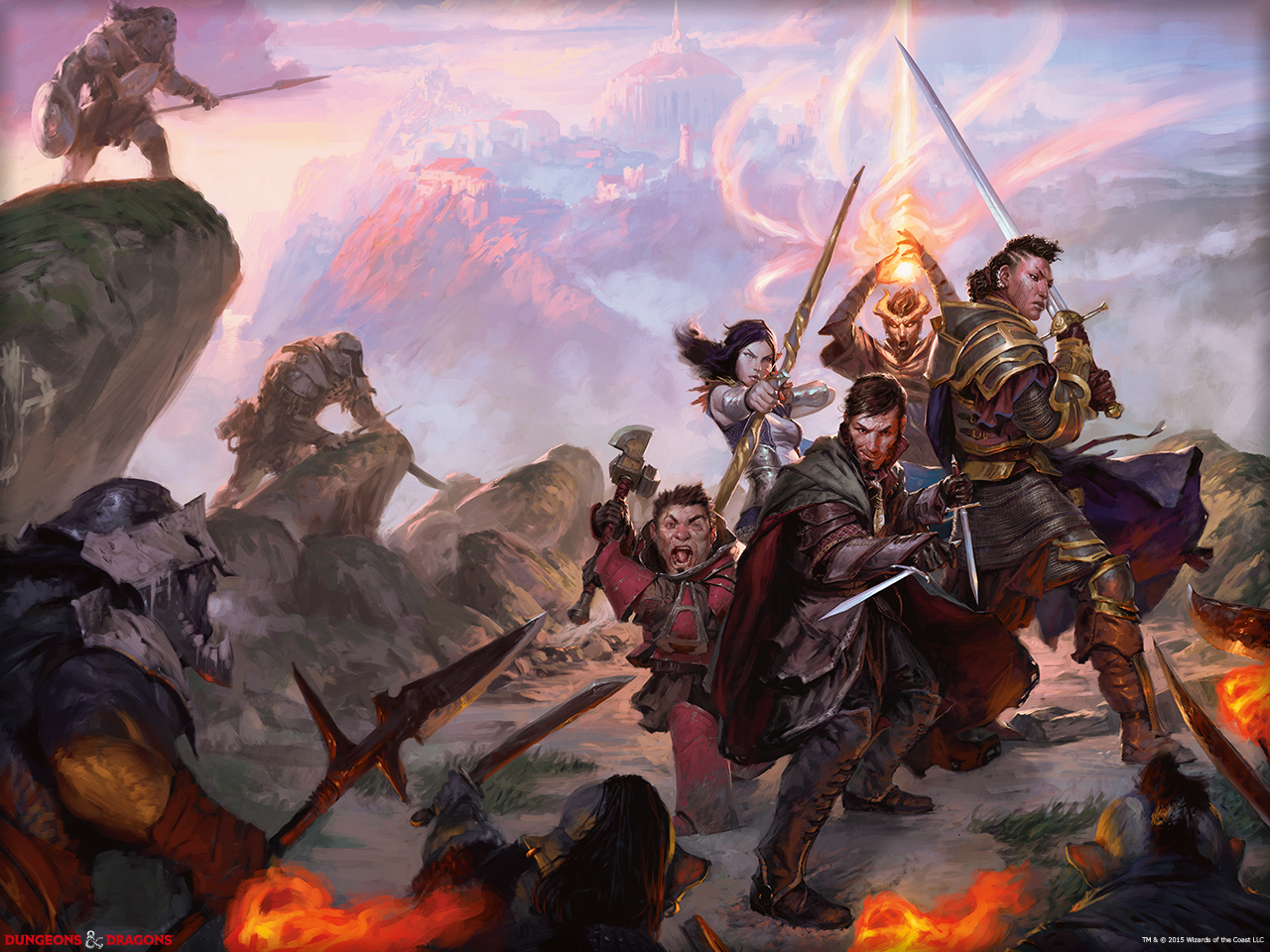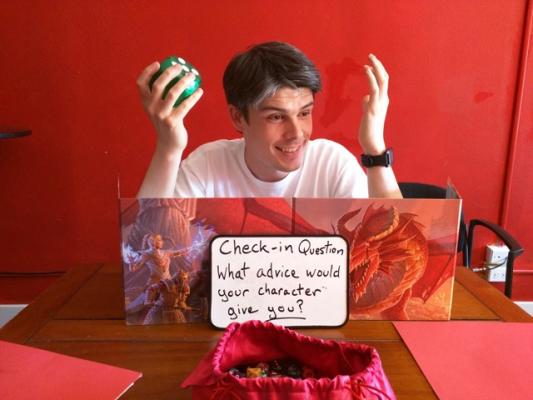Therapists use Dungeons & Dragons to help kids open up
Not all of us find it easy to relate to other people. Eventually, through lots of trial and error, and as we age, we develop social skills. However, some kids need a little more help than most people. To aid them, therapists are having them don medieval armor and thrust them into the fantastical world of Dungeons & Dragons.
Dungeons & Dragons is a long-running tabletop roleplaying game by Wizards of the Coast. It allows players to take on the role of different characters, be it human, elf, dwarf, orc or something else entirely, then go on adventures.
Therapists on the other hand have been using roleplaying as a means to help patients open up regarding their issues.
Since Dungeons & Dragons is a game about roleplaying, it becomes less aversive to the children than a therapist asking intimidating questions in some boring counseling room.
According to the report on Kotaku, roleplaying in Dungeons & Dragons has more purpose. It puts kids in a safe environment to try out different strategies on solving problems and interacting with people.
A normally quiet child can play at being a rambunctious and loud dwarven barbarian for instance. A child with autism can learn to compromise with teammates to accomplish a quest. And most of all, they all learn the value of consequences without actually getting hurt.
Wheelhouse Workshop, co-founded by Adam Davis, is one of the many Dungeons & Dragons therapy groups currently in operation. He believes that children with social issues are not being asked the right questions.
“For someone who never leaves their house except for school, to have a peer say, ‘I need your help picking a lock’ makes a huge difference,” said Adam Johns, Wheelhouse Workshop co-founder.
The scenarios that therapy group operators come up with are always well-thought out, as opposed to the usual Dungeons & Dragons adventure. This is to make sure that goals are achieved for the children in the group.
While these unorthodox therapy groups are seeing some success, Dungeons & Dragons will not be the next groundbreaking therapy tool. It will remain a game, and that will be for the better. Perhaps it’s because it’s a game that Dungeons & Dragons is having a positive effect to some children who need help. Alfred Bayle/JB
RELATED STORIES:
Time travel mathematically possible, shows research
Saving coffee: Scientists search for plants to solve production deficit

